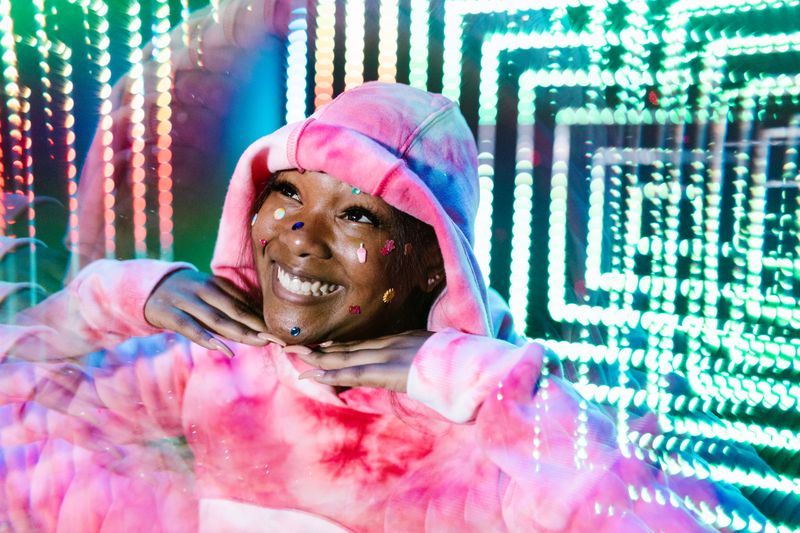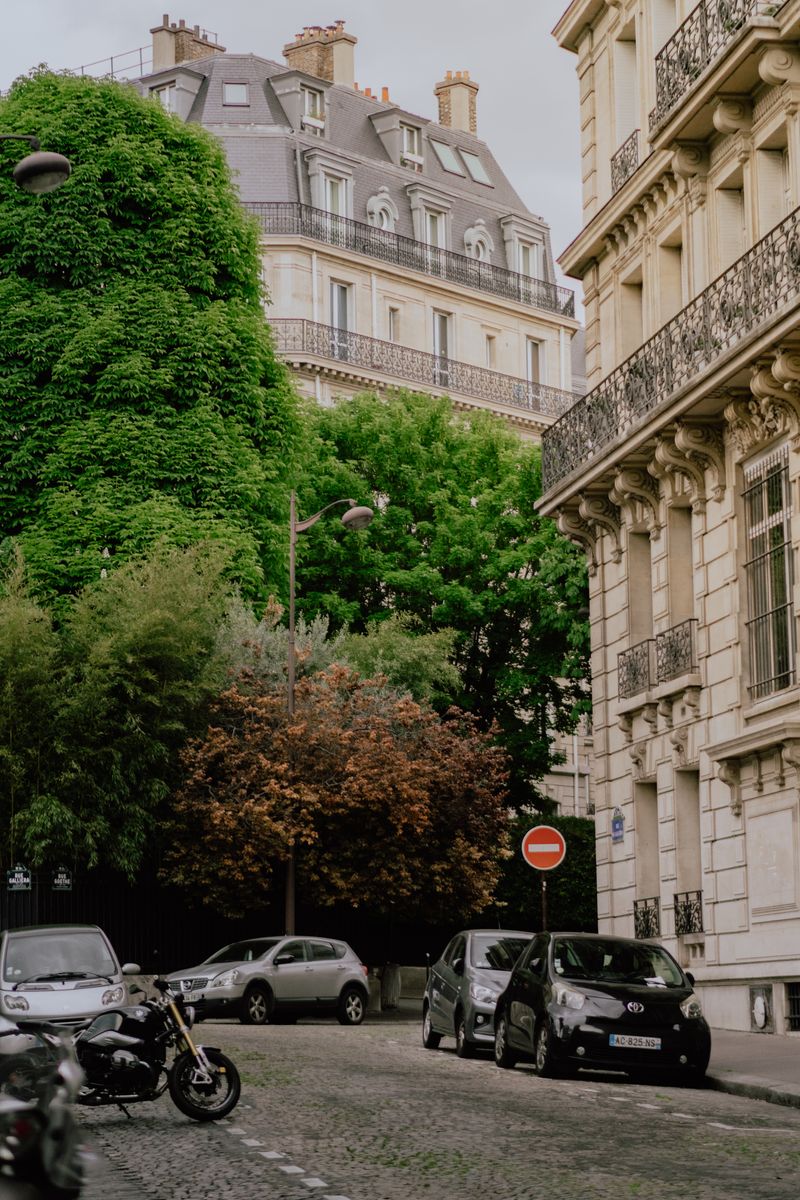Omid Djalili: People Attend Comedy Shows Just to be Offended These Days Because of Cancel Culture
The Impact of Cancel Culture on Comedy
Renowned comedian Omid Djalili has recently expressed his concerns about the impact of cancel culture on the world of comedy. He argues that in today’s society, individuals attend comedy shows with the sole purpose of being offended. Cancel culture, a term that has gained traction in recent years, refers to the practice of “cancelling” celebrities, brands, and forms of entertainment that are deemed problematic or offensive.
Comedians like Ricky Gervais and Dawn French have voiced their worries that cancel culture limits their creative freedom, as they fear they may face backlash or be “scrubbed from the public sphere” if their material does not align with the audience’s ideologies. This trend has not only affected comedians’ ability to push boundaries but has also led to an increase in bad behavior at gigs, comedy shows, and award ceremonies.
The Fear of Offense in Live Performances
When asked about recent incidents where performers were hit by objects or faced physical altercation during their shows, Omid Djalili acknowledged the need for caution, particularly in the live arena. He mentioned that comedians have to be careful about what they say so as not to attract “nutbags,” referring to individuals who may take offense to their material.
Djalili further explained that there is a growing number of people who attend comedy shows with the intention of causing offense and going viral on social media. This heightened sensitivity creates a challenging environment for comedians where they have to constantly navigate potential backlash. While live performances offer an unpredictable and spontaneous element, ensuring the safety of comedians is something that should be addressed.
Philosophical Discussion: Balancing Freedom of Speech and Sensitivities
The rise of cancel culture and the fear of offending audiences raise important questions about the balance between freedom of speech and sensitivity. Comedy has long been a platform for pushing boundaries, challenging norms, and providing social commentary. However, in an age where words and actions can quickly be amplified and condemned on social media, comedians are faced with the pressure to self-censor.
This tension reveals a broader societal struggle between the right to express oneself freely and the need to consider the impact of our words on others. While it is crucial to maintain respectful discourse, it is equally important not to stifle creativity and the ability to provoke thought. The challenge lies in finding a middle ground that respects diverse perspectives while still allowing comedians to explore controversial or uncomfortable topics.
The Future of Comedy and the Entertainment Industry
The influence of cancel culture and the fear of offense are undoubtedly transforming the landscape of comedy and the entertainment industry as a whole. Performers may feel compelled to cater to the sensitivities of their audiences, potentially diluting their content or avoiding certain topics altogether.
If this trend continues, we may risk losing the vibrant and thought-provoking nature of comedy. Creating an atmosphere where comedians can thrive and continue to challenge societal norms is vital for the preservation of this art form.
Advice for Audiences and Comedians
For audiences attending comedy shows, it is essential to approach these performances with an open mind and a willingness to engage with different perspectives. While it is reasonable to have personal boundaries and sensitivities, attending a comedy show solely to be offended contradicts the spirit of the art form.
Comedians, on the other hand, should continue to push boundaries, embrace their unique perspectives, and express themselves authentically. Taking calculated risks in their material can lead to meaningful conversations and positive societal change. However, it is equally important for comedians to be mindful of their impact and considerate of the potential consequences of their words.
Editorial: Fostering a Culture of Thoughtful Discourse
Cancel culture has undoubtedly had an impact on comedy, creating a climate where comedians feel constrained and humor can become stifled. While holding individuals accountable for harmful or offensive actions remains crucial, it is important to cultivate a culture of thoughtful discourse rather than resorting to immediate cancellation.
Engaging in meaningful dialogue, offering constructive criticism, and allowing room for reflection and growth can foster an environment where comedians feel supported and empowered to address important social issues.
Ultimately, the aim should be to strike a balance between encouraging creativity and promoting respect and sensitivity. By doing so, we can maintain the vibrant and transformative power of comedy while addressing the concerns raised by cancel culture.

<< photo by RDNE Stock project >>
The image is for illustrative purposes only and does not depict the actual situation.
You might want to read !
- Ron Perlman’s Warning to Hollywood Executives: Tread Carefully in Today’s Cancel Culture Era
- Rina Sawayama Challenges Matty Healy’s Controversial Podcast Remarks
- Father Ted co-creator Graham Linehan considers legal action over alleged censorship of his views on transgender issues in UK media.
- Liverpool’s Pursuit: Doucoure Emerges as Target Following Caicedo Miss
- The Unbelievable Triumph of Lucy Bronze and the Lionesses




